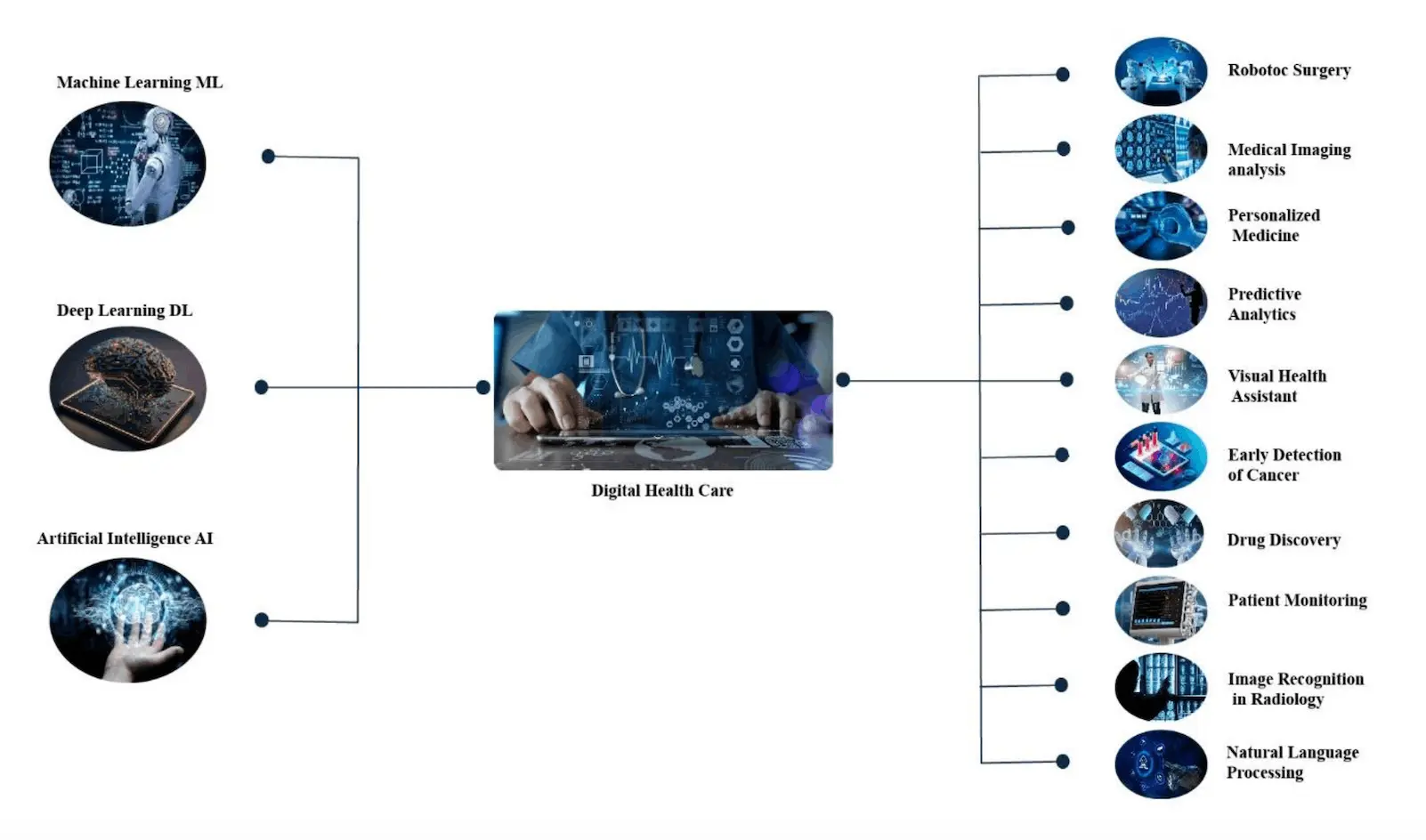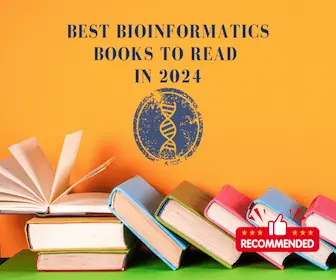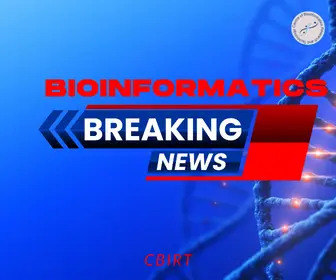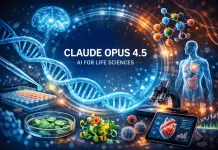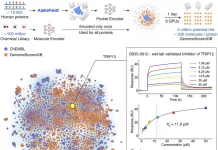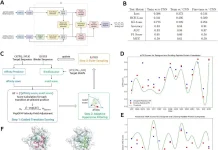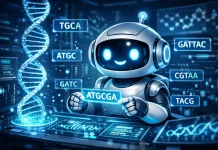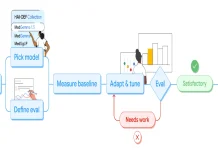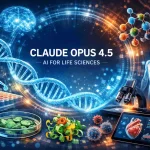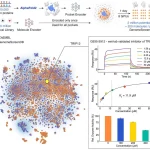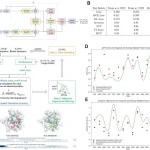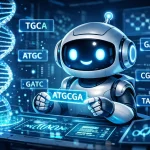Artificial intelligence is revolutionizing the diagnosis, treatment, and treatment of cancer. AI overcomes the drawbacks of traditional diagnostic methods by increasing accuracy to optimize treatment plans and customize medicines for various malignancies, such as lung, breast, colorectal, liver, stomach, esophageal, cervical, prostate, and skin. In this paper, researchers from Zhengzhou University draw attention to the important developments in oncology that AI algorithms have brought about in the medical field. AI has significantly improved patient outcomes by facilitating focused treatment delivery, increasing diagnostic accuracy, and enabling early cancer identification. AI is being used in pathology, genetic analysis, and medical imaging, which introduces a less invasive method of cancer screening and enhances the accuracy of diagnostics. This reduces operating expenses and renders healthcare facilities more effective. AI is indispensable to the emergence of precision oncology because it can enhance clinical decision-making and expand treatment options.
Introduction
Cancer is a serious worldwide health issue affecting many countries and straining healthcare systems. Because AI can identify complex patterns in medical data and provide exact quantitative evaluations, it has changed cancer research and therapy. This means that the effect of AI is evident in almost all sectors: finance, health, and transport. In the academic sector, AI has also been applied to develop intelligent tutoring systems that increase learning outcomes for math and scientific courses. The application of big data in health research offers a unique opportunity to integrate data with complex study outcomes but requires significant computational expertise. Considering everything, AI holds a great deal of promise for the transformation of medical research, diagnosis, and therapy, and this promise is only expected to grow.
AI is revolutionizing clinical research through mathematical models that are computational in nature to understand the molecular biology of cancer. Advances in proteomics, genomics, and combinatorial chemistry have uncovered a vast storehouse of biological and chemical data sources, making it possible to have a much more complete understanding of cancer biology. However, clinical oncologists face challenges in identifying the information from the huge amount of raw genetic data that is therapeutically relevant. To classify tumors in breast, glioblastoma, and ovarian cancer, researchers have used deep flexible neural forest network models and stacked autoencoders to identify subgroups in various cancers based on gene, mRNA, and miRNA clusters.
Role of AI in Using Medical Imaging for the Diagnosis of Cancer
Imaging techniques, including PET, CT, and MRI scans, served as the foundation for the earlier cancer diagnosis process. These conventional methods could lead to intrusive or uncomfortable diagnostic processes, and different medical practitioners can interpret the imaging results differently. Artificial intelligence (AI) systems, particularly those that employ deep learning techniques, exhibit remarkable competence in deciphering medical images and detecting anomalies that are often missed by human observers.
Potential avenues for improvement to the classification of medical imaging data, particularly in ultrasound pictures, exist with AI in the analytics process. With a comparison in human detection accuracy, the system determined that the AI was correct 30 percent more often with the detection of lung cancer than humans. From these results, it can be seen that improving the detection capability of cancer screening tests can exist through the hybrid use of AI technology and evaluations by human radiologists.
Even if AI systems could be able to identify minute changes in tissues that are invisible to the human eye, humans are still more intelligent than AI. The ultimate objective is to find the most effective way to combine the two to revolutionize the radiology sector.
The advent of AI and Machine Learning in Clinical Settings
Clinical uses for cancer involve various methods of controlling, diagnosing, and treating the disease. The sophisticated diagnostic technologies, including molecular profiling and genetic testing, help establish the particular subtype of cancer as well as create individualized recommendations for treatment. New treatments targeting cancer cells or through strengthening the body’s immune response include immunotherapy and targeted drugs. Clinical studies are necessary to evaluate novel cancer treatments that potentially enhance results and raise survival rates. Palliative care and related services also help cancer patients live better lives by attending to their psychological and emotional needs.
The Clinical Benefits of Precision Oncology and AI
Next-generation sequencing, or NGS, is transforming clinical healthcare by precisely finding predictive or prognostic biomarkers. NGS provides both short-read and long-read precision medicine platforms with improvements in speed, accuracy, affordability, and efficiency. AI-powered integration of proteomics, transcriptomics, and genomics data can discover treatment targets, forecast the course of the disease, and distinguish between different cancer subtypes. In addition to reducing the cost of maintaining medical records and eliminating administrative tasks, AI systems can help alleviate the shortage of qualified healthcare workers in poor countries.
AI’s Rapid Developments in Cancer Treatment: From Lab to Clinic
For nearly two decades, artificial intelligence (AI) has been a significant player in cancer research, with IBM setting the standard for incorporating AI into healthcare facilities. IBM launched Watson in 2014, which provides state-of-the-art medical aid to study cancer. Microsoft is also developing a framework for programming by using machine learning and natural language processing (ML) to treat cancer. There is still concern about regulating AI. The FDA approved more than sixty AI-powered medical devices or algorithms in 2022. AI is poised to revolutionize the medical sector by enhancing prognostic results, increasing diagnosis speed and accuracy, and enabling treatment recommendations. However, the regulation of AI technologies is still a subject of concern.
Conclusion
AI has the capability to transform cancer treatment completely, improving prognosis prediction, tailored therapy, early detection, and diagnosis. It indicates how AI could speed up clinical decision-making, improve the accuracy of diagnosis, and customize the treatment plan for each patient to address ten malignancies. Still, issues like overcoming technological barriers, providing various data, being open with algorithms, and maintaining moral standards constrain the complete use of AI in cancer treatment. Collaboration among patients, lawmakers, and individuals from the healthcare and computing industries is required to effectively utilize AI for cancer treatment. Even though AI is not a silver bullet, it will be able to offer better, more accurate, and more tailored cancer care.
Article Source: Reference Paper
Disclaimer:
The research discussed in this article was conducted and published by the authors of the referenced paper. CBIRT has no involvement in the research itself. This article is intended solely to raise awareness about recent developments and does not claim authorship or endorsement of the research.
Important Note: arXxiv releases preprints that have not yet undergone peer review. As a result, it is important to note that these papers should not be considered conclusive evidence, nor should they be used to direct clinical practice or influence health-related behavior. It is also important to understand that the information presented in these papers is not yet considered established or confirmed.
Follow Us!
Learn More:
Deotima is a consulting scientific content writing intern at CBIRT. Currently she's pursuing Master's in Bioinformatics at Maulana Abul Kalam Azad University of Technology. As an emerging scientific writer, she is eager to apply her expertise in making intricate scientific concepts comprehensible to individuals from diverse backgrounds. Deotima harbors a particular passion for Structural Bioinformatics and Molecular Dynamics.

